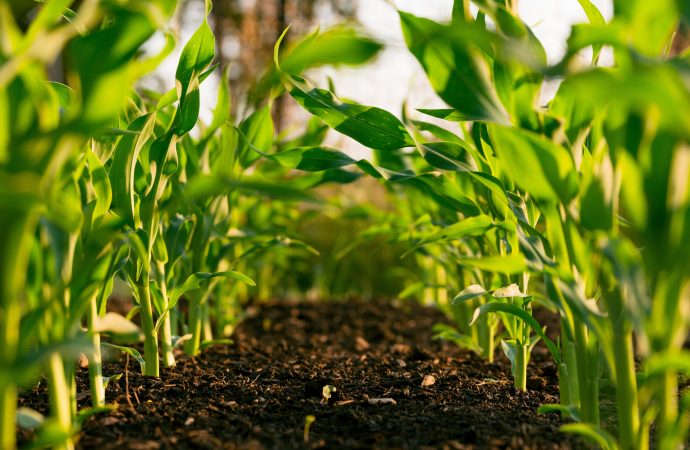Maintaining a garden can be a rewarding experience, but it can also be frustrating when problems arise. From pests to plant diseases, there are a variety of issues that can affect the health and productivity of your garden. In this guide, we’ll explore some of the most common garden problems and provide solutions to help
Maintaining a garden can be a rewarding experience, but it can also be frustrating when problems arise. From pests to plant diseases, there are a variety of issues that can affect the health and productivity of your garden. In this guide, we’ll explore some of the most common garden problems and provide solutions to help you keep your garden thriving.
Problem: Pests
Pests can wreak havoc on your garden, damaging plants and reducing yields. Common garden pests include aphids, slugs, snails, and caterpillars.
Solution: There are a variety of ways to control pests in your garden. One option is to use natural predators, such as ladybugs or praying mantises, to eat the pests. You can also use insecticidal soap or neem oil to kill pests. Another option is to use physical barriers, such as row covers or netting, to keep pests away from your plants.
Problem: Plant Diseases
Plant diseases can be caused by fungi, bacteria, or viruses. Common plant diseases include powdery mildew, blight, and rust.
Solution: To prevent plant diseases, it’s important to keep your garden clean and well-maintained. Remove any diseased plants or plant parts immediately, and avoid overcrowding your plants. You can also use fungicides or bactericides to treat plant diseases.
Problem: Soil Problems
Soil problems can affect the growth and health of your plants. Common soil problems include nutrient deficiencies, pH imbalances, and poor drainage.
Solution: To address soil problems, it’s important to test your soil regularly. You can use a soil testing kit to determine the pH level and nutrient content of your soil. If your soil is too acidic or alkaline, you can add lime or sulfur to adjust the pH. If your soil is lacking in nutrients, you can add compost or fertilizer to improve its quality. If your soil has poor drainage, you can add organic matter, such as compost or peat moss, to improve its structure.
Problem: Watering Issues
Watering issues can affect the growth and health of your plants. Overwatering can lead to root rot, while underwatering can cause wilting and stunted growth.
Solution: To avoid watering issues, it’s important to water your plants properly. Most plants require about an inch of water per week, but this can vary depending on the type of plant and the climate. Water your plants deeply and infrequently, rather than giving them frequent shallow waterings. Use a watering can or hose to water your plants at the base, rather than spraying them from above.
Problem: Weeds
Weeds can compete with your plants for nutrients and water, reducing their growth and productivity.
Solution: To control weeds, it’s important to remove them regularly. You can use a hoe or hand weeder to remove weeds from your garden beds. You can also use mulch to suppress weed growth and prevent new weeds from sprouting.
In conclusion, maintaining a healthy garden requires attention to detail and a willingness to address problems as they arise. By following these solutions to common garden problems, you can keep your garden thriving and productive.

















Leave a Comment
Your email address will not be published. Required fields are marked with *